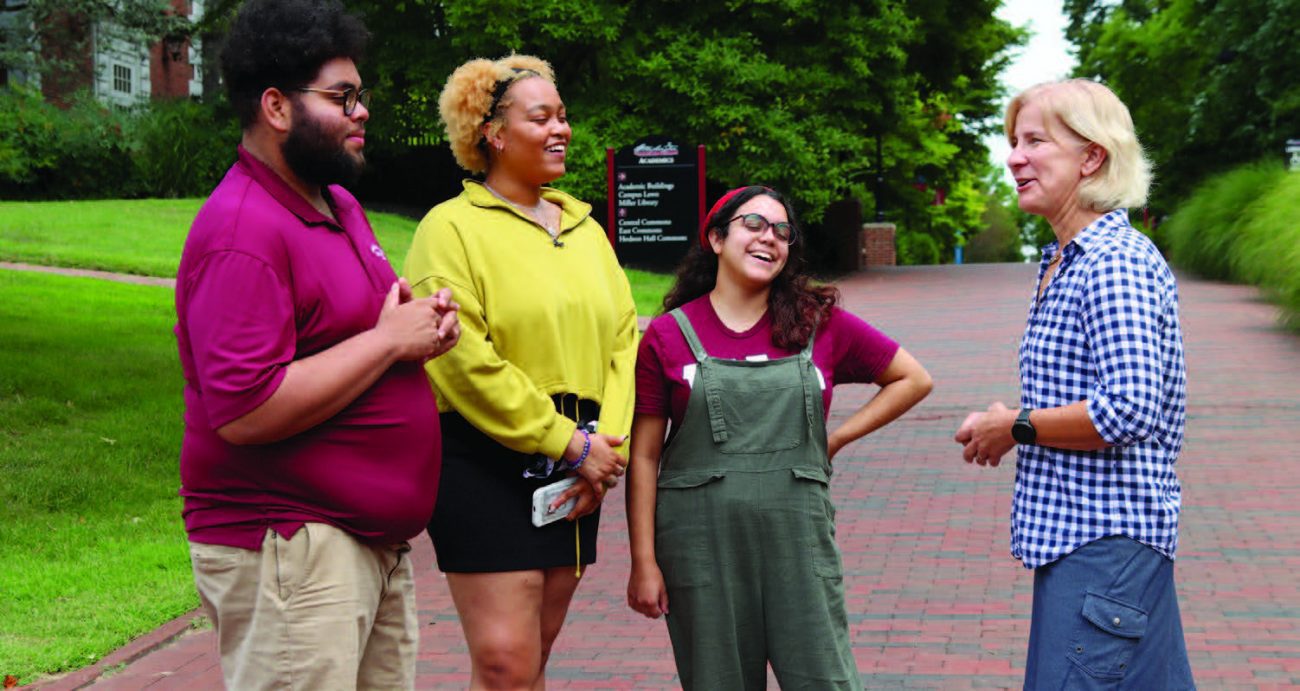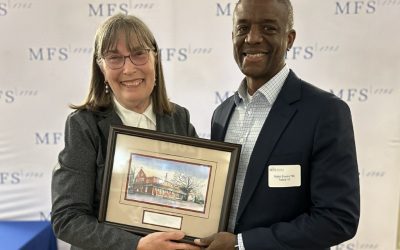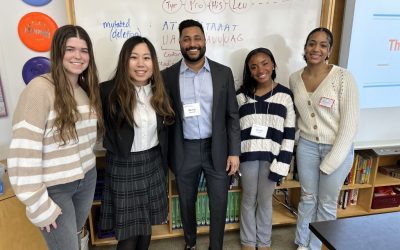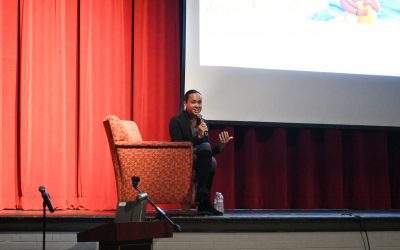Alumni in Medicine: David Fischer, M.D. ’06
 • Neurocritical Care Physician, Penn Medicine/University of Pennsylvania Health System
• Neurocritical Care Physician, Penn Medicine/University of Pennsylvania Health System
• M.D. Harvard Medical School
• B.S. in Psychology, Neural and Behavioral Sciences, and Philosophy, Haverford College
Describe your responsibilities and day-to-day work.
As a neurocritical care physician, I care for patients with neurologic emergencies in the intensive care unit. I specialize in disorders of consciousness caused by severe brain injury, and am the founding director of the Recovery of Consciousness Via Evidence-Based Medicine and Research (RECOVER) Program. The RECOVER Program is an innovative model of care that seeks to detect, predict, and promote the recovery of consciousness after brain injury. As part of the RECOVER Program, I use technologies such as advanced neuroimaging to provide cutting-edge care to patients, understand how the brain produces consciousness, and improve the future of patient care. During my day-to-day work, I lead an interdisciplinary team to take care of critically ill patients, help families to understand and make difficult decisions for their loved ones with brain injury, educate neurology and neurocritical care trainees, and conduct research in consciousness science.
What is the most rewarding part of your work?
The most rewarding part of my work is taking care of patients, and striving to provide the best possible care that modern science can offer. As exciting as innovation and science may be, to me it is only meaningful when I can use it to tangibly reduce suffering in my patients and their families.
How did your passion for medicine/health care begin and were there any specific experiences/that had an impact on you?
It is impossible to say when my passion for medicine began. It evolved slowly, and in parts. As early as I can remember, I felt a strong obligation to pursue work that is meaningful, that would target and improve the aspects of life that matter most to people. During high school I began to develop an interest in the mind and consciousness. During college that interest began to center on the brain. And only towards the end of college did I realize that in medicine, I could not only seek to understand how the brain produces consciousness, but could leverage that understanding to alleviate human suffering. I pursued pre-medical courses later than usual, then applied to medical school after that. The interest developed gradually and not in any particular moments. However, during college, there was a time when I was torn about whether to pursue medicine or purely science. I was working in a lab studying brain physiology in mice, that, like most animal research, involved killing the animals after the experiments. During a moment of mouse-killing, I was overwhelmed by the worry that all of this hard work, and these animals’ lives, may ultimately never result in any tangible benefit to anyone. I decided at that point that for me, science had to be tightly coupled to patient are, and I decided to pursue medicine.
How has your Moorestown Friends education served you in your career and life?
MFS affected my trajectory in tangible and intangible ways. Tangibly, I recall certain teachers and classes that were formative. Barbara Caldwell taught me a love of philosophy that I have carried with me ever since, and that ultimately crystallized into a fascination with the mind and brain. Jack Schneider technically taught history, but actually taught me how to think creatively and critically. Kezia Read taught me how to write – and, really, how to think and communicate clearly – which is still one of the goodest” skills I’ve learned throughout my education. And I saw a neuron for the first time when Drew Newman drew one on a white board for biology class, which I thought was one of the coolest-looking things. Intangibly, I think MFS had something to do with that early sense of duty to pursue meaningful work, to help people, and to alleviate human suffering. I think MFS instilled in me a sense of social justice and ethics that is relevant to my work every day. And MFS encouraged me to explore different disciplines, to approach problems from different angles, and to pursue my intellectual passions, which undoubtedly influenced my trajectory.
Alumni News
Alumni Weekend 2024: Alumni Awards Recipients and Retirees Highlight Dinner Among Friends
MFS community members were presented with awards at the Dinner Among Friends on Friday, May 3, kicking off Alumni Weekend 2024 festivities: Alice Stokes Paul 1901 Merit Award – Nathaniel R. Evans III, M.D., FACS, FCCP, ’94 Nate was recognized for his skills and...
Upper School Students Look to the Future at Career Day
Eleventh and twelfth grade students took advantage of the opportunity to network and learn much more about the professional world at the annual MFS Career Day yesterday. Alumni, parents, alumni parents, and friends of the school provided sessions in their areas of...
ABC News Anchor Linsey Davis ’95 Visits MFS for Book Signing
Linsey Davis ’95, ABC World News Tonight Anchor and five-time children’s book author, returned to campus on November 3 to share her most recent book, The Smallest Spot of the Dot, with the MFS community. The day included: an assembly with Lower School students,...




